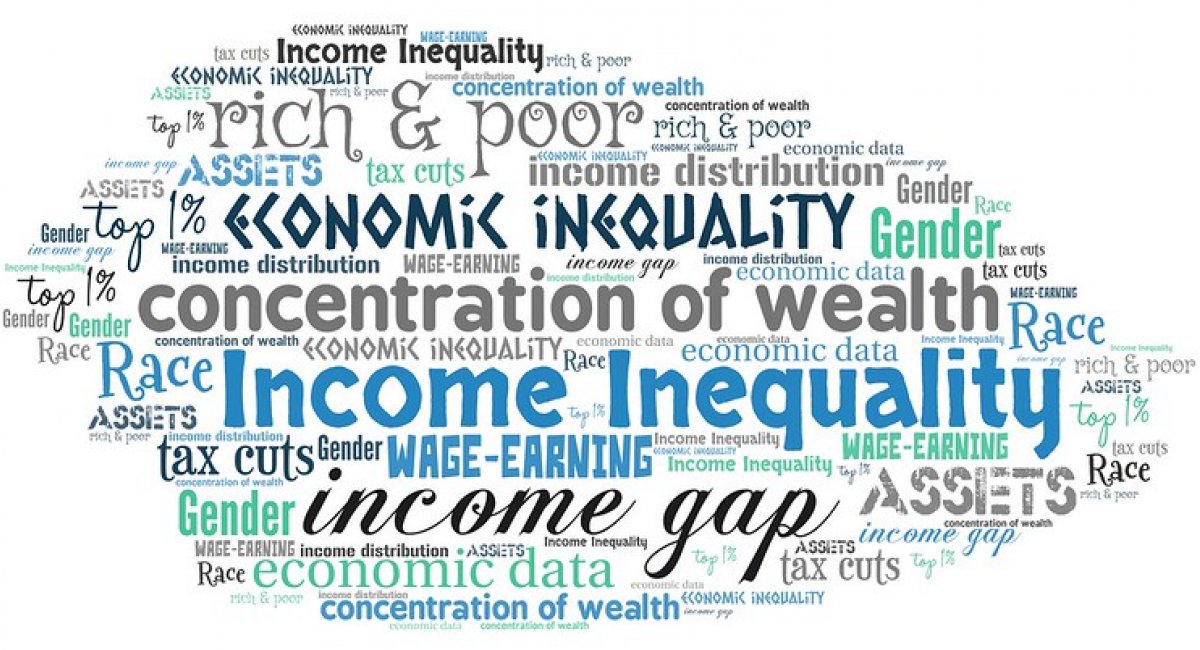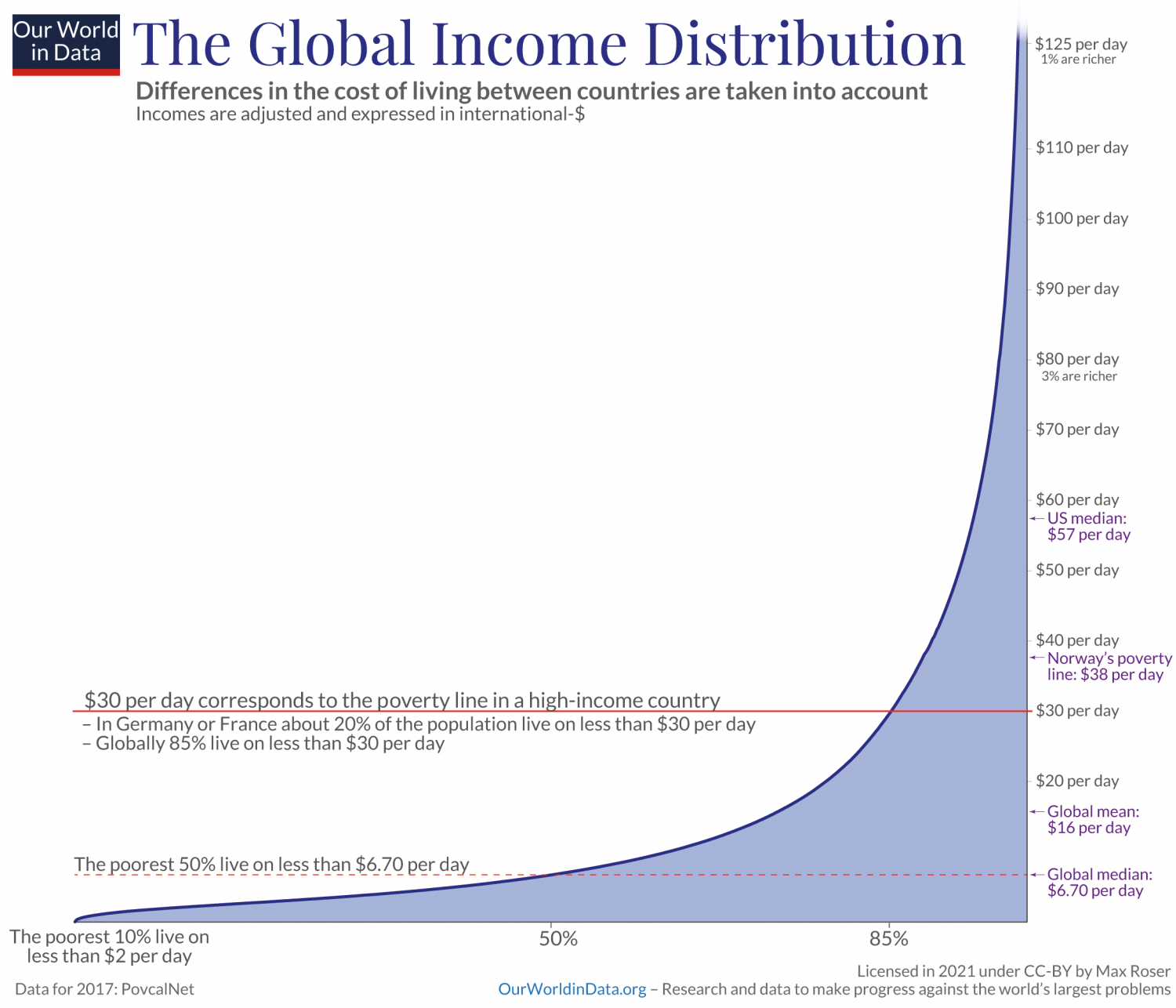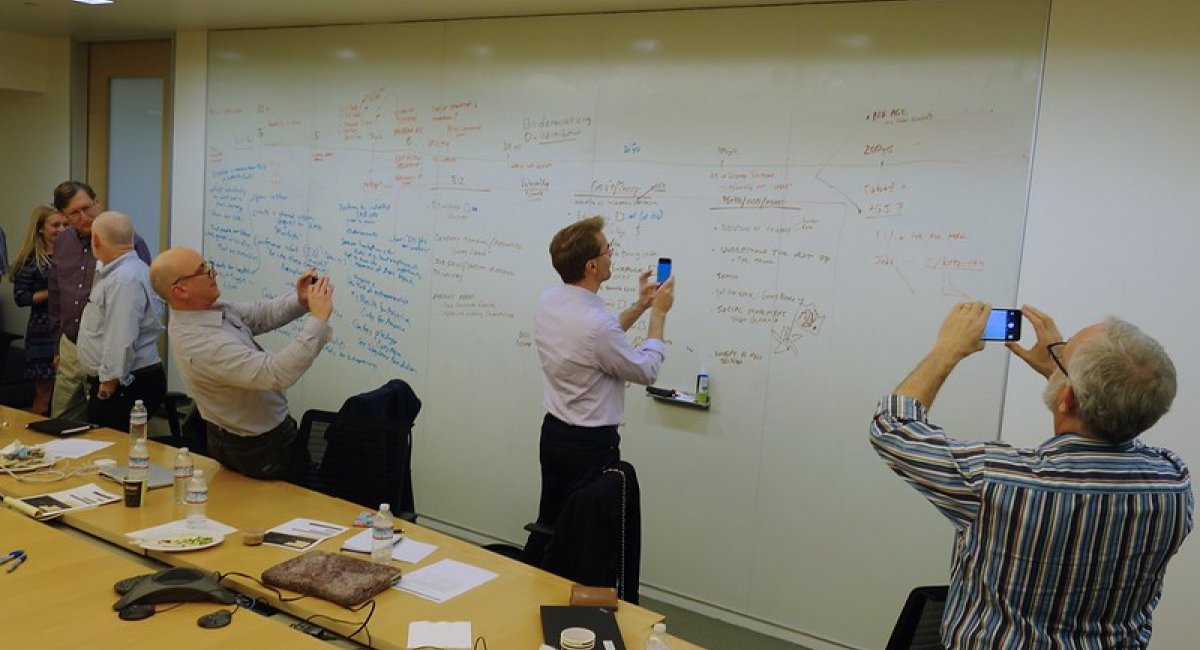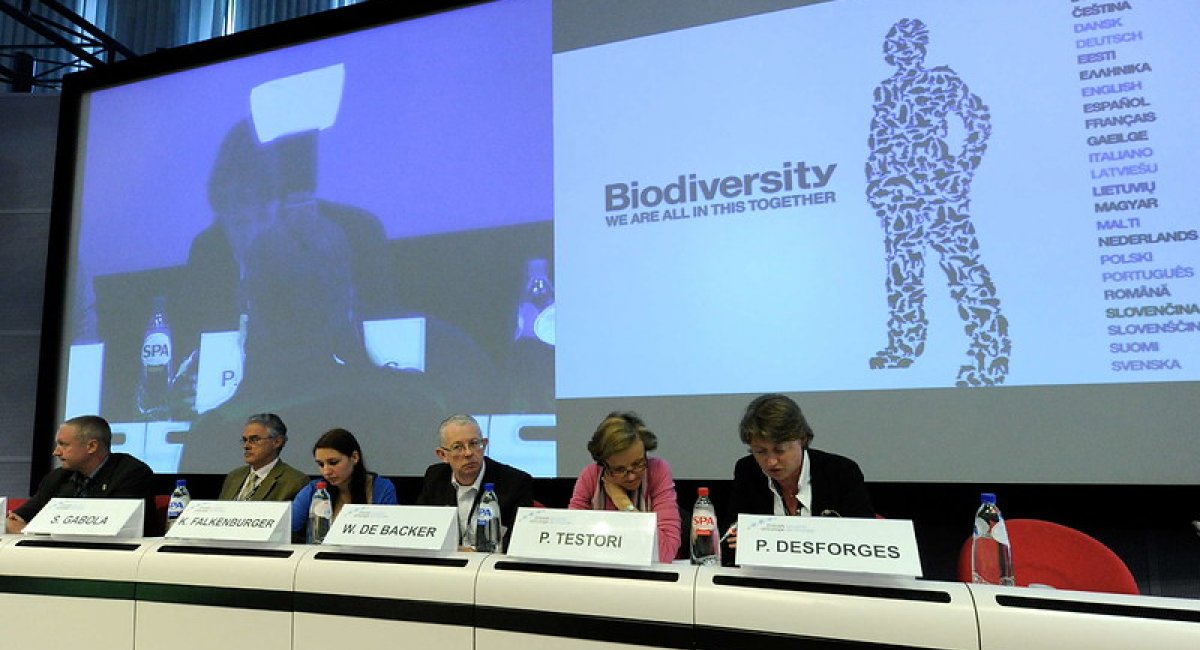Culture and business negotiations
By Katya, February 15 2022
Different people behave in different ways. However, cultures may have a big impact on how people behave. Here are some ideas to consider during international negotiations.
1. Purpose of negotiation: signing a deal or building relationships?
In some businesses and cultures, the aim of negotiations is to sign a contract. Other businesses aim to build a strong relationship between the parties.
A survey from “The Global Negotiator” showed that 74 percent of Spanish businesspeople set signing a contract as the goal of negotiations, but only 33 percent of the Indian executives had a similar view. It means that for some companies you need to show that you can build a long-lasting relationship, not just sign a contract.
2. Attitude towards time
If your business partner wants to build a relationship with you, they might want to invest more time in negotiations in order to get to know you better. For example, in some Asian countries shortening the time of negotiations might seem like an attempt to hide something, while Americans tend to get down to business quickly.
3. To show emotions or not to show?
Here the individual differences show up the most. Different people have different tendencies of showing emotions. However, some cultures encourage hiding emotions, while others don’t.
4. Take the risk or avoid it?
Geert Hofstede’s research showed that some cultures tend to take risks, and others tend to avoid them. For example, the Japanese usually gather more information and need more time to make decisions, which makes them risk-averse. On the other hand, Americans tend to be risk-takers.






















